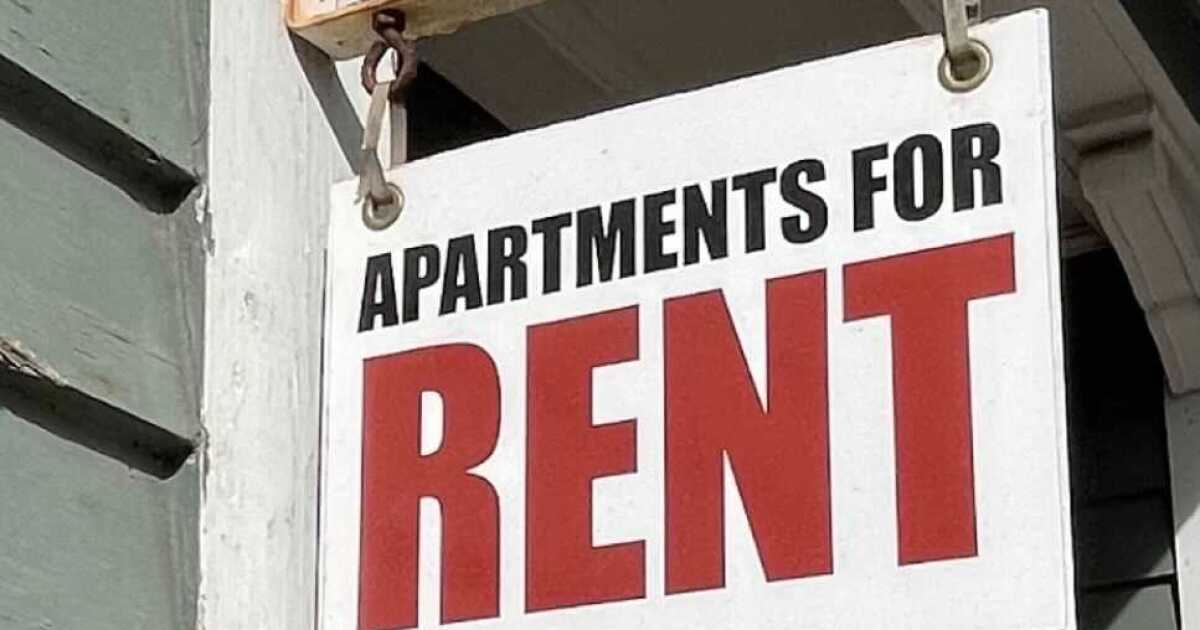Navigating rental agreements and rent increases can be complex for tenants, especially as housing costs rise in Rhode Island. Understanding the laws surrounding rent increases is essential to protect your rights and budget. This guide will unravel the complexities of Rhode Island’s rent increase laws in 2024, empowering you with the knowledge to make informed housing decisions.
Rhode Island, like many other parts of the country, is experiencing a rise in rental prices. As a tenant, it’s crucial to stay informed about the laws in place that govern how and when your landlord can increase your rent. This knowledge can help you anticipate changes, budget accordingly, and advocate for your rights in case of an unreasonable or illegal rent increase.
Types of Rental Agreements and Leases
In Rhode Island, you’re likely to encounter two main types of rental agreements:
- Month-to-Month Leases: These agreements offer flexibility for both tenants and landlords. They don’t have a fixed end date and can typically be terminated by either party with proper notice (usually 30 days).
- Fixed-Term Leases: These agreements have a specific start and end date, usually spanning a year. During the lease term, your landlord generally cannot raise your rent unless the lease specifically allows for it.
Rhode Island Rent Increase Notice Requirements
Rhode Island landlords are legally required to provide tenants with written notice before raising the rent. The required notice period depends on your lease type and age:
- General Notice Period: For month-to-month leases, landlords must provide at least 30 days’ notice before a rent increase takes effect.
- Expanded Notice for Seniors: Landlords must provide tenants aged 62 or older on month-to-month leases with a longer notice period of 60 days.
- Proposed Legislation and Potential Changes: Representative June Speakman introduced a bill (2024 — H 7304) that would extend the notice period for all tenants to 90 days and 120 days for those 62 and above. Keep in mind that this bill is under consideration and may or may not become law.
Limits on Rent Increases
Currently, Rhode Island doesn’t have a statewide rent control law, meaning there is no hard cap on how much a landlord can legally increase the rent. However, there are certain circumstances where a rent increase might be considered excessive or unreasonable.
- Proposed Rent Stabilization Act (2024 — H 7049): This bill, if passed, would introduce limits on rent increases. Highlights of the proposed act include:
- Rent increase restrictions during the first year of a tenancy.
- Rent increase caps in subsequent years (no more than 4% in a 12-month period).
- Requirements for landlords to justify rent increases above the cap.
Illegal Rent Increases
Certain types of rent increases are illegal in Rhode Island:
- Retaliatory Rent Increases: Landlords cannot raise your rent as a way to punish you for exercising your rights, such as complaining about housing conditions or joining a tenant’s union.
- Discriminatory Rent Increases: Landlords cannot raise your rent based on protected characteristics like race, religion, familial status, or disability.
Tenant Resources and Assistance
If you feel your rent increase is excessive, illegal, or if you have other landlord-tenant issues, here are some resources to consider:
- Rhode Island Legal Services (https://www.rils.org/): Provides free legal assistance to low-income Rhode Islanders. They can help you understand your rights as a tenant and offer advice on how to handle rent increase disputes.
- State and Local Tenant Advocacy Groups: Organizations like the Rhode Island Tenants Alliance or city-specific tenant groups can be sources of information, support, and potential advocacy in cases of unfair rent increases.
City-Specific Examples
Let’s delve into how this information applies to cities in Rhode Island:
- Providence: As the capital and largest city in Rhode Island, Providence faces significant rental market pressures. Understanding rent increase laws is vital for tenants here, especially with rising rental costs.
- Warwick: A major suburban city near Providence, Warwick tenants must also contend with a competitive housing market. Knowing your rights concerning rent increases is essential.
- Cranston: Residents in Cranston, another significant Rhode Island city, benefit from familiarity with rent increase laws to ensure fair housing practices.
Conclusion
Staying informed about Rhode Island’s rent increase laws is a powerful tool for tenants in 2024. Understanding your lease type, the required notice periods, and potential limits on increases helps you advocate for your housing rights in an evolving rental landscape. If you encounter uncertainties or suspect an illegal rent increase, leveraging the tenant resources available in Rhode Island can provide much-needed guidance and support.
Important Considerations and Sources
- Always Consult Your Lease: Your lease agreement is the primary contract between you and your landlord. Scrutinize it carefully for terms regarding rent increases, as it may outline more specific rules than the statewide guidelines.
- Check for Updates: With proposed legislation that could significantly impact rent increases, it’s vital to stay updated on changes to Rhode Island law. Here are some sources to track potential changes:
- Rhode Island General Assembly website: [invalid URL removed]
- Legiscan: [invalid URL removed]
- Local news outlets covering Rhode Island legislation
Disclaimer: This article provides general information about Rhode Island rent increase laws and should not be interpreted as legal advice. If you face a specific rent increase issue or legal dispute, it’s best to consult with an attorney or tenant advocacy organization.



